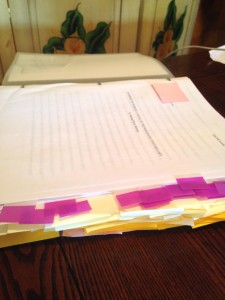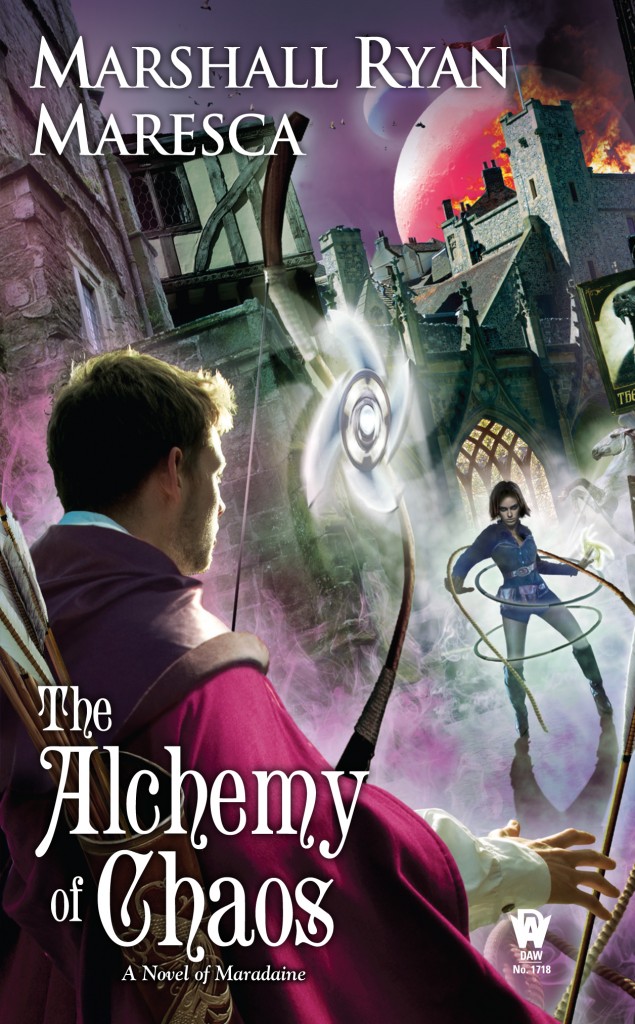October has turned out to be much like July was, in that a lot of things are happening at once. Basically, three different things are in the pipeline in different stages of completion.
Let me explain a bit about the different stages, and the process a manuscript goes through once it's "done" and sold.
The initial stages of a manuscript, for me, are essentially Outline, Rough Draft and Polished Draft. The Outline is where I figure out the structural bones of the story, sometimes long before I really start the writing process. It's usually about 1000-2000 words, depending. Then I turn that into a full 100Kish manuscript, which is the Rough Draft. (I'm glossing over a fair amount of hard work and daily grind, boiling it down to 'turn that into', but that's the process.) That goes to beta readers, gets worked over and fine-tuned to become the Polished Draft. This is what gets sent to my editor.
Now, I should point out that I don't make a big distinction of counting drafts or the midpoints from Rough to Polished. But I don't want you to think that it's just one round of polishes at that's it.
After my editor reads the Polished Draft, we talk about it and she gives notes*, and I use that to make it into the Final Draft. This is also where I usually print out a hard copy and go through it all, making my own notes along the way, which is integral to my process. Something about the different appearance, the tactile element, makes things pop out in a way I didn't notice before. So once that's done, the Final Draft is sent back to my editor.
From there, it's sent to the copyeditor. The copyeditor checks for spelling, word use and grammar, as well as consistency and continuity. For example, if I use a term with capital letters in one part, and not in another, the copyeditor should catch it and change everything to a single standard. This is typically where my more embarrassing mistakes are caught.
The Copyedited Draft is sent back to me to approve the changes made. Most of them I do, because they're perfectly sensible corrections. Sometimes I disagree, and make a note, and it's fine. A key example would be in A Murder of Mages, where my copyeditor changed all my uses of "footpatrol" and "horsepatrol" into "foot patrol" and "horse patrol". This is understandable, as "footpatrol" and "horsepatrol" aren't, technically, real words. However, I wanted those to be specific in-world terms the constabulary uses, so I made a note and changed them back.
Once that's done, the manuscript is made into Proofs. This is a version of how the book will actually look, printed out. This is sent to me for one final check, and I do find plenty of little minor changes I want to make. Sometimes a spelling mistake that slipped through, sometimes a preposition change that makes the sentence clearer, sometimes something more absurd that my eye passed over in every other check (such as "a knock came at the door of Professor Alimen's workroom door.") But this is the last opportunity to catch something before it goes to press. After having a typo find its way into the printed version of Thorn, I'm more than a little cautious in this part of the process now.
So, what does that have to do with what's going on this week?
Because here's what I've got on my plate, in ranking priority:
The Alchemy of Chaos: Final Proof Check (due in one week)
An Import of Intrigue: Final Draft (due in two weeks)
Thorn III (working title The Imposters of Aventil): Rough Draft (500 words/day to stay on track)
--
*- A lot of people get what's called an "edit letter"-- a written document of specific notes and changes, etc. That's not my editor's personal style.
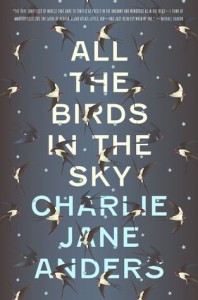 One book in the coming year that is on my radar is Charlie Jane Anders's All The Birds In The Sky. I've been a fan of Charlie's work as the editor of io9, and she's getting tons of good buzz, so this looks like a book to check out.
One book in the coming year that is on my radar is Charlie Jane Anders's All The Birds In The Sky. I've been a fan of Charlie's work as the editor of io9, and she's getting tons of good buzz, so this looks like a book to check out.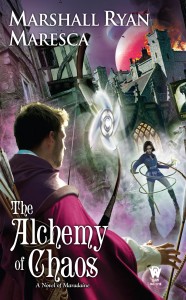
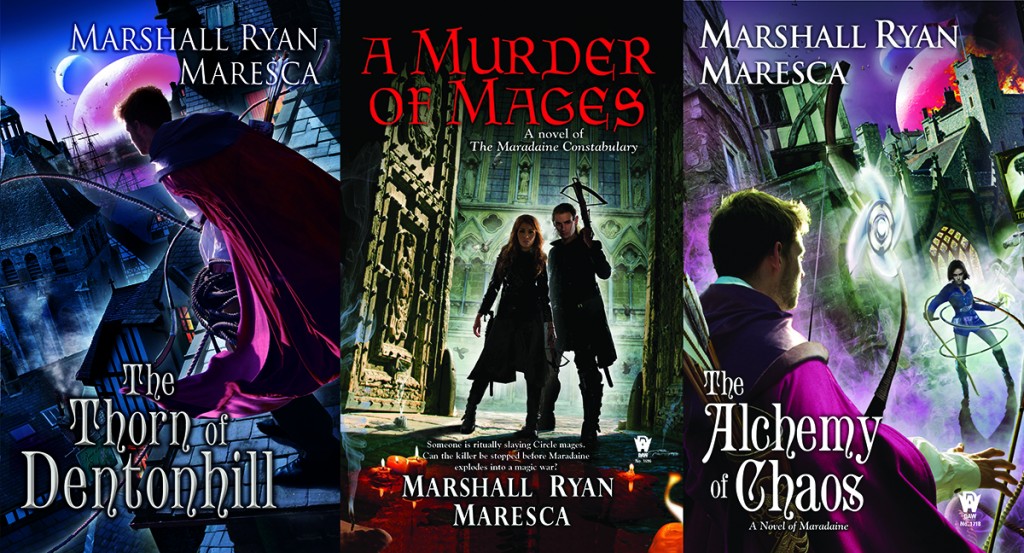
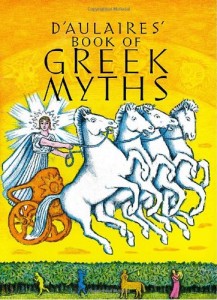 hen I was a kid, there was one book I just plain consumed, over and over again, which was
hen I was a kid, there was one book I just plain consumed, over and over again, which was 